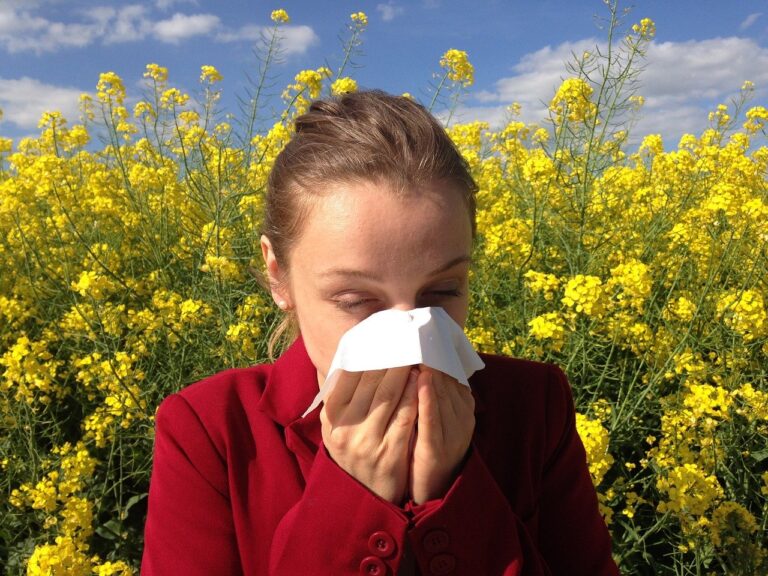Allergy Therapeutics PLC (LON:AGY) is a long-established specialist in the prevention, diagnosis and treatment of allergies. Pollinex Quattro (PQ) is an ultra-short course subcutaneous allergy immunotherapy (AIT) platform, which continues to make strong market share gains in a competitive environment. Several products using the PQ platform are in late-stage development, with the aim of moving them to full registration under new regulatory frameworks in both the EU and the US. AGY has just announced another solid operating performance driven by top-line growth in its traditionally strong first half, with associated positive cashflow.
- Strategy: AGY is a fully integrated pharmaceutical company focused on the treatment of allergies. There are three parts to its strategy: continued development of its European business via investment or opportunistic acquisitions; the US PQ opportunity; and further development of its pipeline.
- Interim results: Underlying product sales were very solid again in 1H’20, rising 9% to £50.5m (£46.7m) and maintaining AGY’s competitive position in Europe. The strong period-end gross cash position benefited from the £3.2m settlement of legal costs with Inflamax and supports fully the Phase III Grass programme.
- Pipeline update: Progress has been made towards the start of two upcoming trials. First, AGY is taking a stepwise approach to the US Grass MATA MPL Phase III study, with the initial part starting in autumn 2020. Secondly, peanut vaccine GMP scale-up is underway, with the first GMP batch successfully manufactured.
- Risks: The risks inherent to subjective clinical trial outcomes were clear with the Phase III Birch trial results. However, AGY includes objective secondary endpoints of protective immunity in trials, and is in discussion with EU regulators to ensure robust protocols that support global registration plans going forward.
- Investment summary: Over the past year, we have highlighted consistently that Allergy Therapeutics is at an exciting juncture. While continuing to invest in its profitable European SCIT business, it is leading the race to have its SCIT products fully approved and regulated as biologicals in the US. Despite this, the current EV/sales appears too low for a company with a long and profitable product history, and well below the multiples commanded by direct competitors.








































